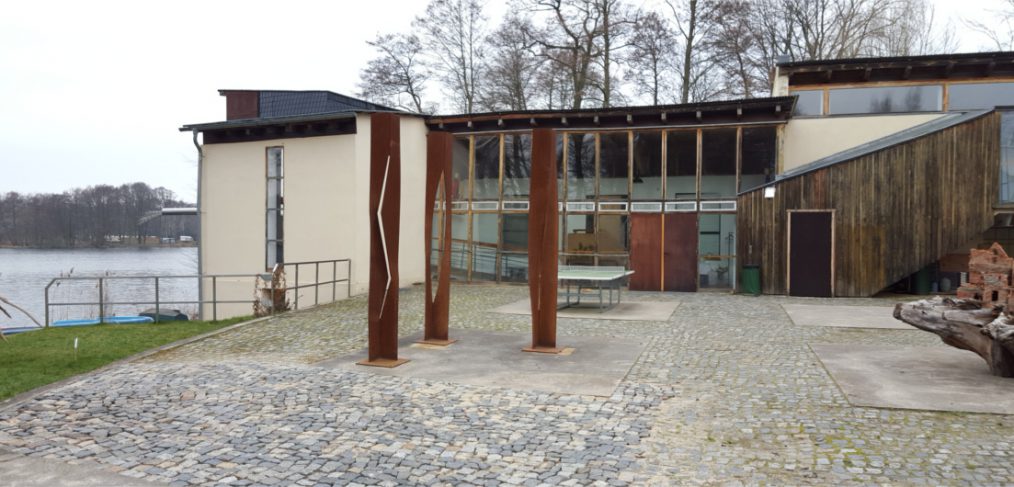The ecological crisis is a very intimate, as well as being a political and institutional crisis, because addressing it requires us to question the established mindsets within which society operates. Established paradigms of thought and being are extremely hard to recognize and transform. This report explores the importance of ontological perspectives in thinking about system change.
What is “value” and how shall we protect it? It’s a simple question for which we don’t have a satisfactory answer.
For conventional economists and politicians, the answer is simple: value is essentially the same as price. This report explains that how we define value says a lot about what we care about and how we make sense of things – and the political agendas we pursue.
Can commons and the state fruitfully co-exist – and if so, how? Can commoners re-imagine “the state” from a commons perspective so that its powers could be used to affirmatively support commoning and a post-capitalist, post-growth means of provisioning and governance?
One of the more complicated, mostly unresolved issues facing most commons is how to assure the independence of commons when the dominant systems of finance, banking and money are so hostile to commoning. How can commoners meet their needs without replicating (perhaps in only modestly less harmful ways) the structural problems of the dominant money system?
The topic of the “deep dive”: Can leading alt-economic and social movements find ways to work more closely together? Can there be a greater convergence and collaboration in fighting the pathologies of neoliberalism?
In September 2014, the Commons Strategies Group convened a three-day workshop in Meissen, Germany, of 25 policy advocates and activists from a variety of different economic and social movements. Part two of two.
The P2P economy needs bridges between cooperative culture and the organizational forms that can sustain it and advance the general well-being of society.
At a small workshop outside of Paris, France, twenty-two of us – mostly Europeans except for two of us – got together to discuss the economics of the commons from an on-the-ground perspective.
In 2012 a group of seventeen commons activists from throughout Asia – India, China, the Philippines, Indonesia, New Zealand and other countries – met in Bangkok to have a wide-ranging discussion about the future of the commons, especially in fighting neoliberal economics and policy.
The Latin America Deep Dive on the Commons was held in Mexico DF in November 2012. The event gathered a variety of researches and civil society organizers from various parts of the South American sub-continent to reflect on the Commons in everyday practice.










